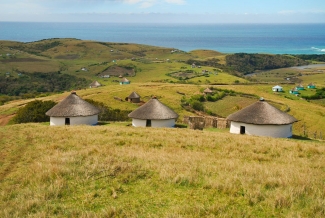Technical Efficiency in Agriculture and Its Implication on Forest Conservation in Tanzania: The Case Study of Kilosa District (Morogoro)
This paper examines technical efficiency in farming activities and its implication on forest conservation in Kilosa District. The empirical analysis is based on data collected from 301 households selected randomly from five villages in Kilosa district, of which three villages were under the REDD+ project. Two empirical models were estimated: stochastic frontier Translog production function, and forest resources extraction model.
